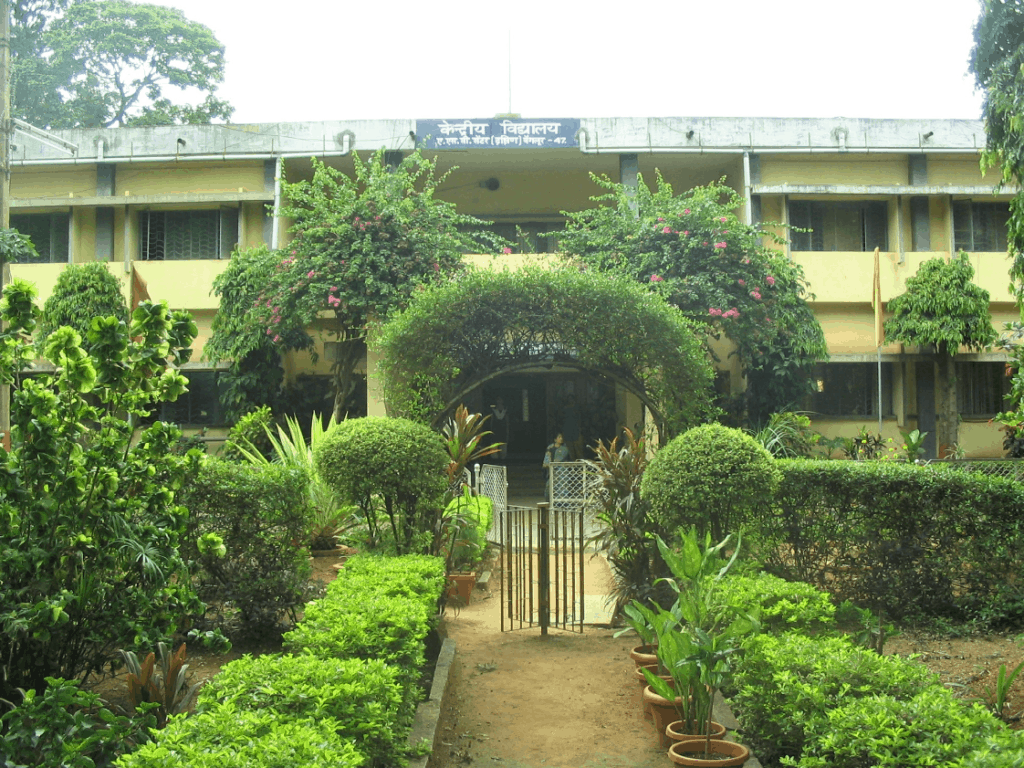What seems right for us may not seem right for others since it depends on perspectives from different points of view.
Parents want lesser fees but want education in top schools. School managements wants more return on their investment. So, these are two different perspectives. They would not converge on the same terms since their interests are different.
As long as the school management has reasonable expectations, conflicts would be less. But again, the definition of ‘reasonable’ varies. If a school is run without much issues, it means the management knows the art of running schools very well.
Schools, colleges and hospitals are supposed to be non-profit in nature. But we all know it’s only on paper. There are different ways of making money but it’s just that it can’t be called ‘profit’ in accounting terms.
Why not profit?
In the olden days, schools were run by the government, NGOs and the rich, as a social responsibility. Now, it is a business where crores of rupees are invested in return for profit. When we invest, don’t we expect returns? Just think, why should school managements invest so much money at such big risk? Do we compensate them when they run into losses? We don’t. But we question when they make profits.

We have a lot of choice while choosing a school. We choose expensive schools as we think they give best in class education. Most people believe that best education means best infrastructure. Remember the schools in the 80s and 90s? The infrastructure was simple, functional with cement buildings, a field and labs.
Now we see architecturally beautiful campuses, hi-fi labs and a lot of amenities. Also, not to forget high real-estate costs, people cost, maintenance costs, curriculum costs, training costs etc. All these contributed to higher school fees.
Govt should run more central schools
When we say that government schools are not good, we don’t realise that central schools like Kendriya Vidyalaya, Navodaya, Army Public Schools are also run by the central government for central government employees and the army.
The problem is with state government schools. They are so bad that even the poor would much rather admit their children to private schools than in government schools.

Government school teachers get good pay but why would they pay attention in giving good quality education to children when the government itself is not serious. Also, people largely don’t question any service that’s given for free. So, there is no accountability, as in most government services.
Many a time, I wonder why the central government does not establish more schools at a no-profit-no-loss basis, for the entire public.
Way forward
The government should build quality schools. Or, it should mandate private schools to show accounts to all parents, but must allow school managements to take some profits for their investments. Or else, why would any private school come up?
But for these institutions, we would have been at the mercy of the government and not have got access to private school education. At the same time, the government should set up fee regulatory committees with the powers to fix the fees based on the school’s expenses and reasonable growth plans.
Read more: “Have MRP on school-fees”
Parent teacher committees are namesake entities.There should be an election to be part of the parent-teacher committee but currently, school managements nominate parents and teachers who are favourable to them.
Until the above happens, it will just be a tug of war between parents and school managements. While parents feel the fees are exorbitant, managements say that they need to hike it by at least 10% every year to get a return on their investment. We get 6%- 7% interest in a fixed deposit. What’s the use of investing in a school if they are not earning more than this?
Read more: “Parents don’t understand economics of running a school”
School managements invest in this business for more than money. They earn a reputation, respect, can give employment opportunities, a safe place to invest as once an admission comes, parents continue paying until their kids finish 10th or 12th class. It was recession-proof income until COVID arrived. So, school managements won’t be willing to let that go.
Schools have saved a lot of expenses due to COVID. Even if not 30%, they could pass some discount to parents. A fee regulatory committee could look into each school’s accounts to determine how much discount can be passed on to the parents. Yes, such committees usually get forced to make recommendations under one pressure or the other, but there is a hope that some middle ground can be reached.
Also Read:
- Breaking the school-fee deadlock: A panel discussion
- Reduced syllabus not enough help for govt school students
- E-learning policy: Govt can’t have one solution for all types of schools, says expert
- “Online classes are critical for underprivileged children during COVID”
[Disclaimer: This article is a citizen contribution. The views expressed here are those of the individual writer(s) and do not reflect the position of Citizen Matters.]
Some very valid point being made Abhilash. I would like to add that as you have mentioned schools should pass on some discount if not 30%. That is what has exactly happened in many schools. Also no school has incorporated their regular annual increment in fees for this year. Apart from which parents really in need for further support, like those that have lost jobs have been given additional concessions based on their individual cases.
The main argument is the arbitrary ruling of a flat 30% reduction for all. How would this help those who are really in need and this 30% would not be sufficient for them? Each school operates differently and the respective parents know their schools better than anyone. Engage in a dialogue with the school based on your circumstances.